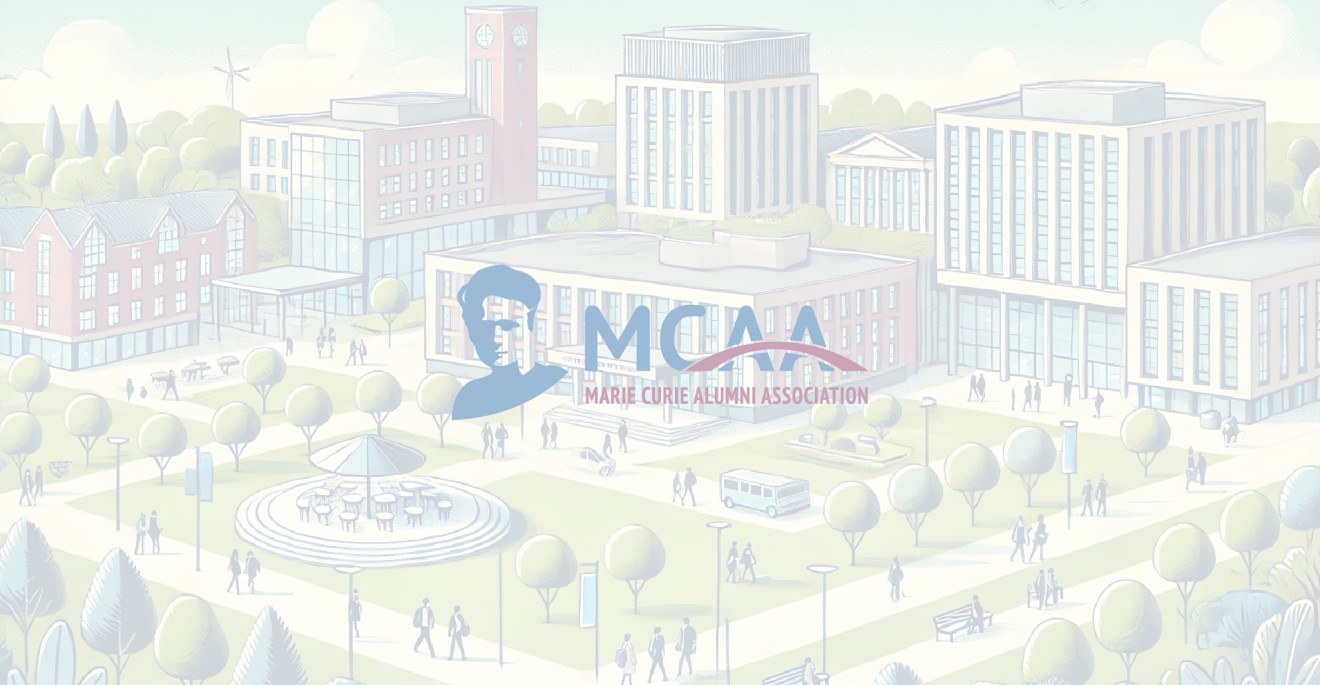Back to basics

Some months ago I returned from a 2 year period spent overseas, in a foreign country with a different language and usage. It was in the Southern Hemisphere, so I had to add a kind of “season lag” to the well known jet lag. I felt a bit funny during the first year, when Christmas was in summertime and it was warm, nice and sunny, in contrast to all TV shows, movies and carols dealing with Santa, White Christmas and all the stereotypes of a Northern hemisphere winter. The second year I was not so puzzling. Besides this “shock” due to the natural re-adjustment of my inner clock, there were no major language or cultural shocks, and my adaptation to the new country, culture and work mates was as smooth and easy as it can be. Physically speaking it was the first time I had moved, but it was not as tricky as my previous move, when I didn’t change country, but I changed between closely related research topics.
Shortly before the end of my PhD I had the opportunity to change my research line. It was in the same main field (marine environment and aquaculture), and I already knew I liked research enough to have a go and make it my professional activity despite its difficulties and uncertainty. I had the necessary basic skills to succeed: organisation, willingness to keep on learning, critical thought, enthusiasm, good communication and interactions with other researchers. Although I was a bit scared, I prepared myself for difficulties in new lab protocols, equipment, and other research-related challenges, and I took the chance. I was lucky to have the support from my work team, from the students to the unit manager, which gave me the confidence to try and fail - hence I tried a lot, and I didn’t fail that much. But, one of the unexpected lessons I learned from this experience was realizing how different the meaning of words are in different research lines, even two are so closely related, and how it can impair the communication between scientists, even when we are using the same language and have a similar background and culture. I had been warned about communicating with a general audience or a multicultural forum, but I needed a first hand experience to grow sensitive about it.
I’m not talking about technical vocabulary; everybody knows what I mean when I say “microscope”, or if you google it you’ll find one or more definitions. Instead, I talk about basic concepts and acronyms that we too easily assume are well known, therefore we use them extensively in our jargon and we do not bother to put them into context. For instance, “PSP”: in a non-scientific context, can mean a popular videogame platform or any one of more than 250 definitions found in a quick search. In marine sciences PSP is a poisoning due to the consumption of shellfish containing toxins produced by specific microalgae; in medicine it can be a neurological condition (unrelated to the previous poisoning); in chemistry it is a polysaccharide peptide with different applications; and so on.
And as for the basic concepts such as big/small, short/long, few/a lot, etc.; we all know “big” doesn’t mean the same for a geologist than for a nanoscientist, but it does not mean the same neither between two geologists working in different research lines. In the first conversations and meetings with my work mates, shortly after my research line shifted, I kept a poker face while they were excited with the values of the concentration of a compound, or the size of something; while my mind was wondering “does it mean it is... a lot? ...not that much? ...what?”. I only knew for sure it was not normal, but I didn’t know by heart what was normal in that specific case. I knew I had settled in the new line when my brain “automatically” understood, without further explanations, the meaning of these values, not as bare data but how they fit into the research field; then I was comfortable and confident because I had the right coordinates to navigate in it properly.
I think this small gap leads to a lack of empathy between researchers devoted to different disciplines. We all know how important our research topics, but sometimes we overlook the importance of other research lines and fields. If we don’t know what it MEANS for our colleague, we won’t care about it. That is what I keep in mind when talking with other researchers, or attending seminars, especially if they are from other research lines. I try to walk in their shoes (as much as I can) before assuming they have the same “coordinates” as I do. In group meetings or small committee conversations I’m not afraid of asking, and I’m happy to explain as many things as required. And, I keep my brain trained and open by attending public seminars with subjects not related to my research; usually, if the speaker is good, I can follow it quite easily, but if the talk is a bit specialised, I reach a point from where, I can’t go beyond. No worries: I am happy to keep on learning!


